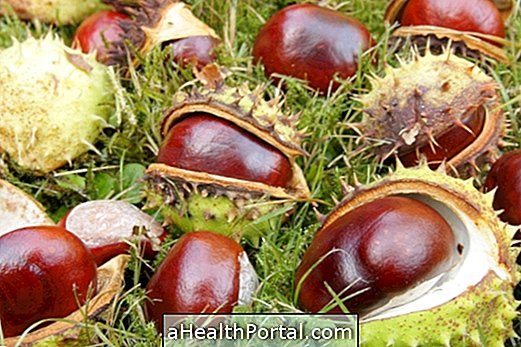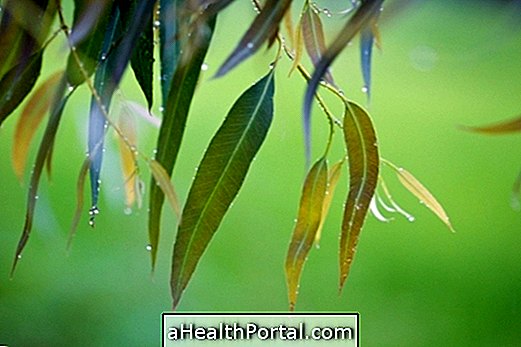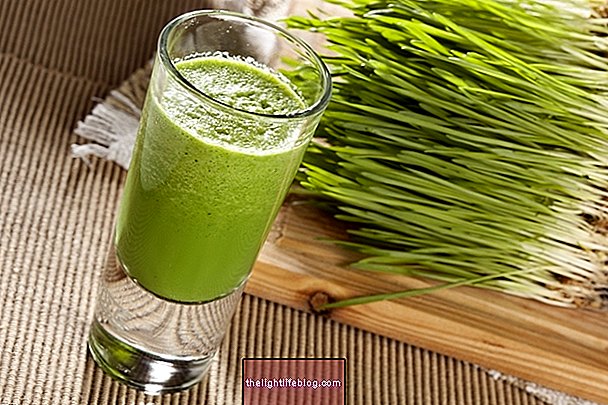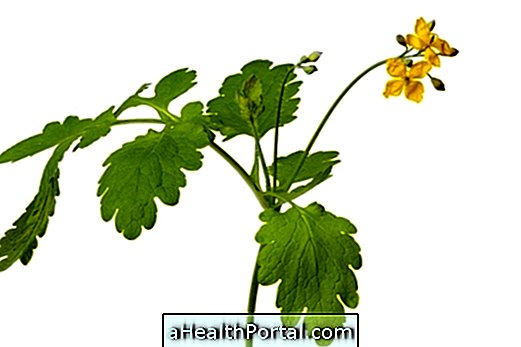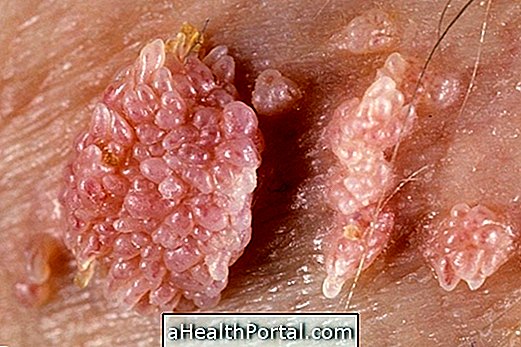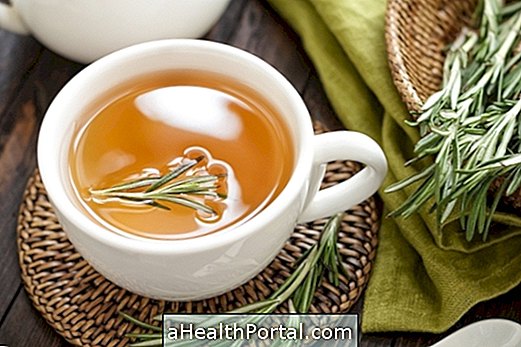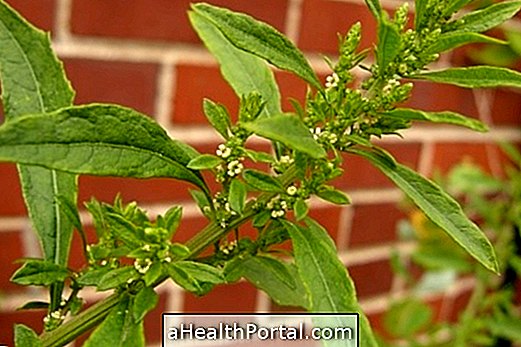Capuchin is a medicinal plant, also known as sores, mastruço and capuchinho, that can be used in the treatment of urinary infection, scurvy and diseases in the skin.
Its scientific name is Tropaeolum majus L. and can be bought in natural products stores and in some handling pharmacies.
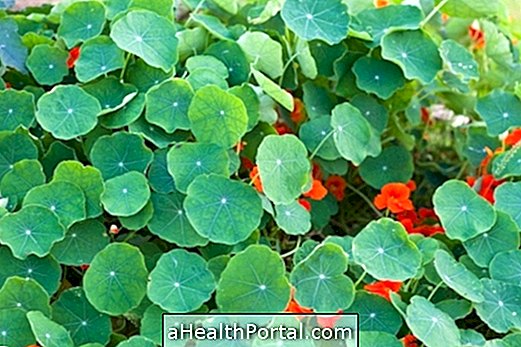
Indications of the Capuchin
Capuchin is used to treat urinary tract infections, acne, skin allergies, dandruff, eczema, scurvy, lack of appetite, strengthening of the scalp, aging skin, insomnia, digestive problems, fluid retention, depression and wound healing.
Capuchin Properties
Capuchin's properties include its antibiotic, expectorant, disinfectant, digestive, antiseptic, depurative, digestive, stimulant, sedative, purgative and diuretic action.
How to use the capuchin
The used parts of the capuchin are its flowers and leaves, to make teas, infusions, juices or salads.
- Cappuccino infusion for dandruff: Add 4 tablespoons of finely chopped cappuccino in ½ liter of boiling water and then wash the hair with this infusion.
Here's a way to use this plant: Home Remedy for Urinary Tract Infection
Capuchin side effects
The side effect of capuchin is gastric irritation.
Contraindication of Capuchin
Capuchin is contraindicated for patients with gastritis, hypothyroidism, heart or kidney failure and pregnant or lactating women.

